The increasing flow of migrants looking for refuge from their own circumstances in the Middle East, Africa and Asia has made Europe undergo its worst refugee crisis since World War II, causing progressively social tensions and testing the resources and solidarity of the European Union.
The news that seventy one bodies, including those of infants, were found in an abandoned truck on an Austrian highway, was immediately followed by the breaking news that another 200 migrants drowned in the sea while attempting to cross the Mediterranean from Libya to Italy. Pictures of thousands of migrants climbing or crawling beneath a wired fence in the Hungarian border, which is ill equipped to prevent the refugees from crossing the border with Serbia, accompanies footage from Calais showing hundreds of migrants attempting to gain access through the Eurotunnel from France to the UK.
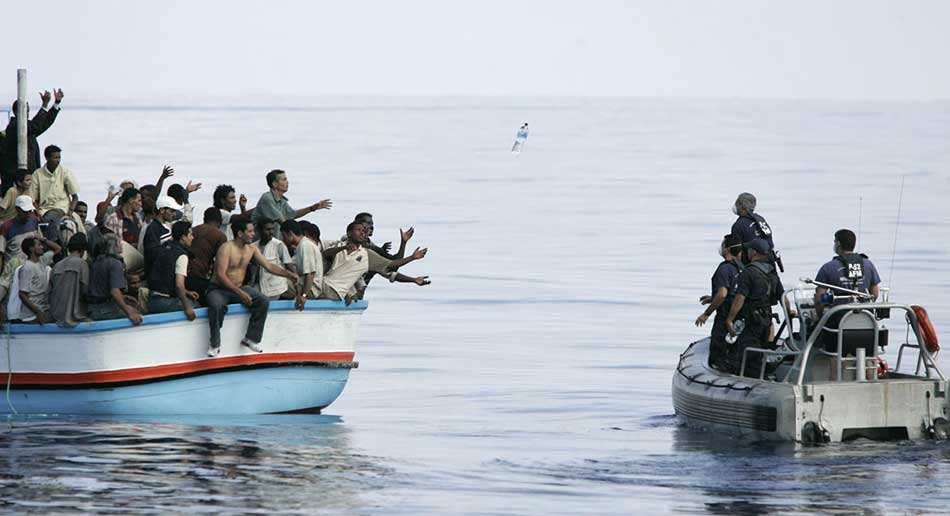
Poverty and drought in Africa, instability and civil war in the Middle East, including acts of violence and genocide, have caused the largest flow of migrants to European soil since World War II. In desperation, these people are seeking stability and economic sustenance in Western Europe and beyond, to an extent that those governments are unable to control or limit.
Until recently, the major flow of migrants into the EU came from Africa. Now, Europe also expects a huge immigration flow from conflictive countries such as Syria, Lebanon, Afghanistan and Iraq. Previously the main reason for migrants to journey into Europe was to run away from extreme poverty in their countries, aiming for employment and economic oportunities in Europe. Now the scenario is slowly being replaced by a refugee movement escaping from an almost certain death at the hands of the Islamic State, the Assad regime and many other violent militias that are involved in the destruction of the Middle East and Africa political regimes.
So far this year, 300,000 people have crossed the Mediterranean Sea to reach Europe. About 2,500 people perished during the journey.
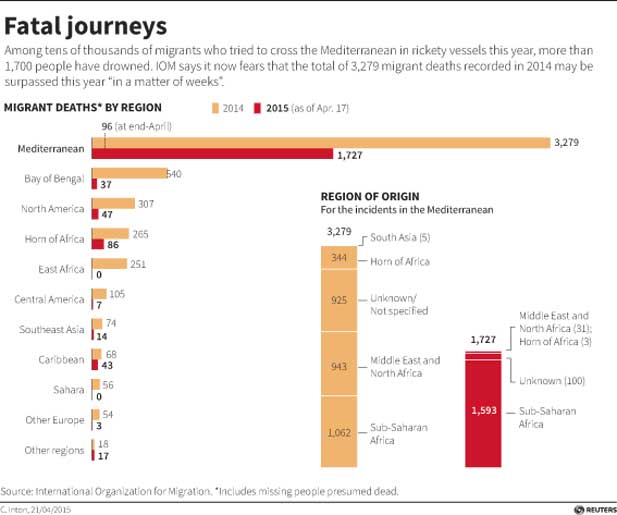
How is Europe handling the situation?
Meanwhile, there has been little unity among European countries regarding to take action in the matter.
As for Greece, migrants flow from the mediterranean country northward through the Balkans in the effort to reach Western Europe, where generous benefits may await. But if they are caught by poorer EU countries along the way, their future can be obscure. In desperation many migrants pay smugglers to “sneak” them into the heart of Europe. That bet can result in tragic consequences: last week, 71 dead bodies, presumed migrants, were found in the back of a delivery truck on an Austrian roadside. They are thought to have suffocated.
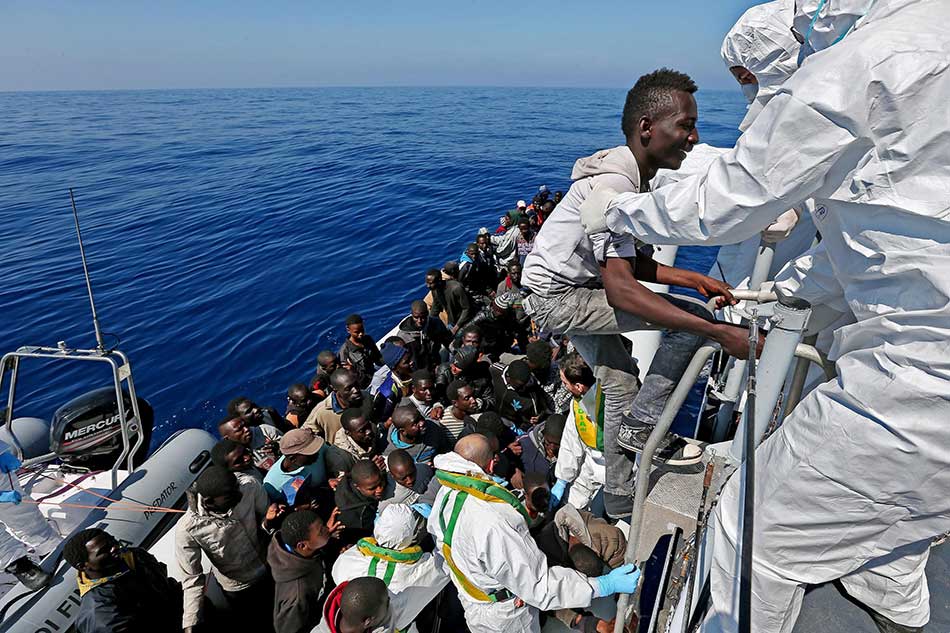
At the time, Germany has the largest migrant flow. The country is expected to receive an estimated 800,000 people this year alone. Germany Chancellor Angela Merkel requested on Monday that other nations in the European Union have to share the burden. She called for new EU run asylum processing centers in entry nations, such as Greece, to better assess and safely funnel refugees deeper into Europe.
Top E.U. officials plan to meet Sept. 14 to try to streamline the fragmented asylum process.
Leaders of Germany and France want to achieve that goal by speeding deportations of economic migrants while allocating more resources to people fleeing the wars in Syria, Iraq and elsewhere. They have also proposed a quota system under which each of the 28 EU members commit to resettle a certain number of refugees, aiming at countries such as Hungary, which is building a fence to keep immigrants out.
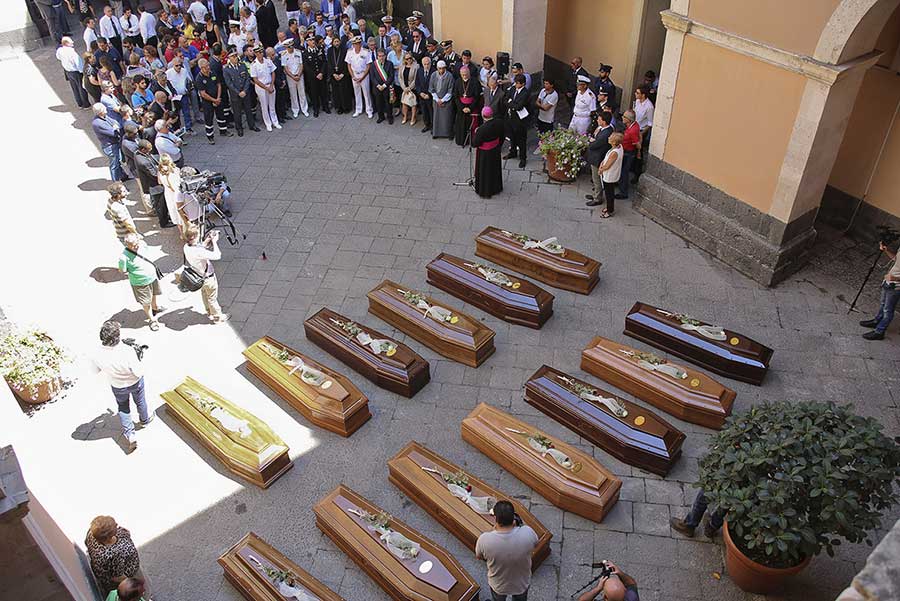
“Our responsibility is to make sure that asylum rights are respected. To do so, we cannot build barbed-wire fences against those who are tortured in their own countries,” said French Prime Minister Manuel Valls on Monday.
However, there has been an important lack of unity among UE nations in the matter. For instance, Slovakian Prime Minister Robert Fico firmly rejected any decision that would force his nation to take in a fixed number of refugees.
“We strongly reject any quotas,” Fico told reporters. “We will wake up one day and have 100,000 people from the Arab world, and that is a problem I would not like Slovakia to have.”
Also, Britain seems to be denied to open its doors. Over the weekend, British Home Secretary Theresa May said she wanted to cut back even legal migration from other EU members.
Last week, the UK announced that is has reached a record number of immigrants for the year – and 2015 still has four months left to go. The liberal and humane welfare policies of countries such as Germany and Sweden have turned these other countries into major attractions for the fleeing refugees. Of course, there must be a point in which the ability of these countries to continue to welcome an endless flow of migrants, will ultimately collapse. For these, more strict regulations must be applied.
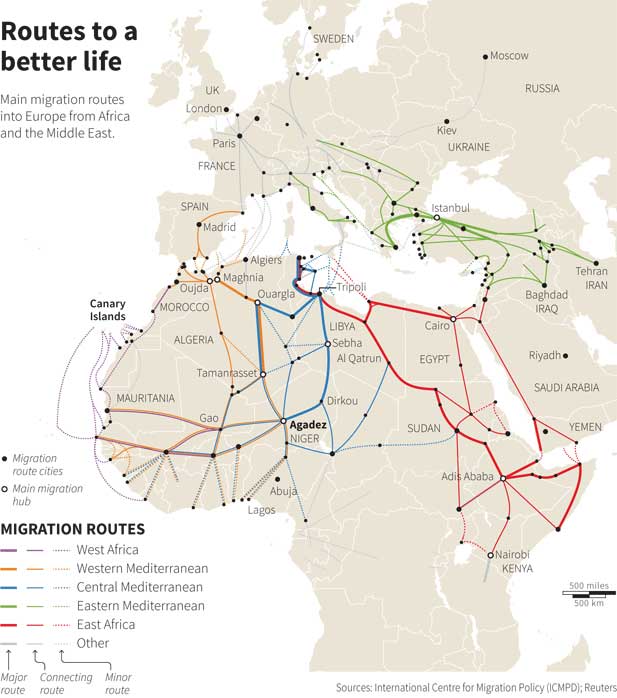
The rising flow of migrants in Europe have made very difficult for countries to make a meaningful distinction between economic and political refugees. There is no clear border between the two categories, as many of the economic migrants are also seeking for safer places for their families. A refugee from almost certain death at the hands of a militant or fundamentalist group is not that much different from one whose family will die from starvation due to the lack of employment opportunities, drought, or the destruction of the state system in a civil war.
“It’s not the fear of who comes this year, but of how many could come next year, and the unknown, that sometimes holds politicians back from establishing a process that would help countries like Turkey and Lebanon,” said Elizabeth Collett, director of the Migration Policy Institute Europe.
However, migration is not only an issue in Europe. US presidential candidate Donald Trump has made very clear his desires for stronger immigration policies, even calling for a construction of a great wall all along the US border with Mexico, to lower the migration rate into “the land of the free”.
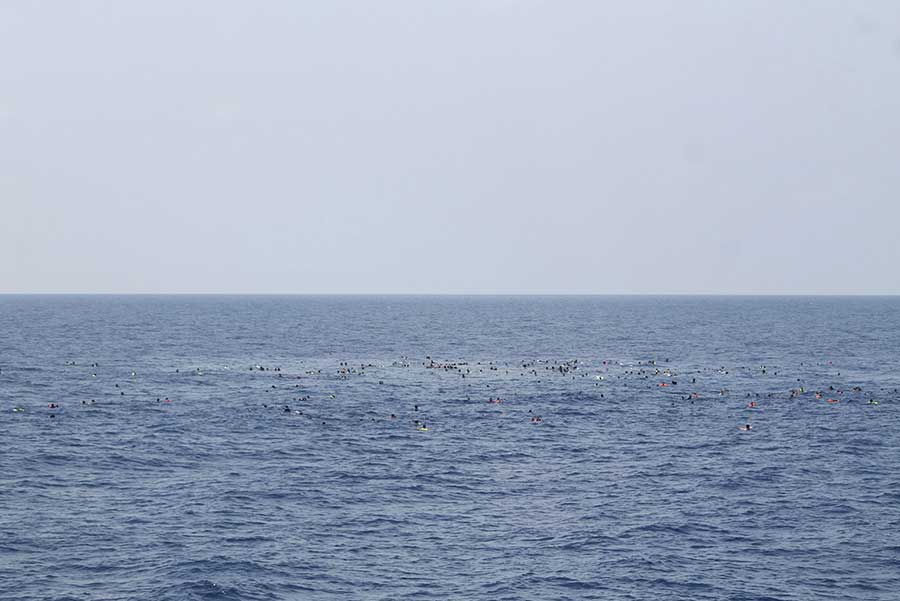
France to build camp for migrants
France has made plans to build a camp for as many 1,500 migrants Calais. The European Union will contribute with 5 million euros to better accommodate the thousands of migrants camping in the northern port city of Calais, the European Commission’s vice president Frans Timmermans said on Monday.
“These new funds will help to establish a camp that can provide humanitarian assistance to around 1,500 migrants and to help asylum seekers in Calais move to other destinations in France. We never repress those who need protection,” explained Timmermans.
Interior ministers are meeting in September and EU leaders on November 11 seeking to reach an agreement on the migration crisis.
Source: Washington Post
